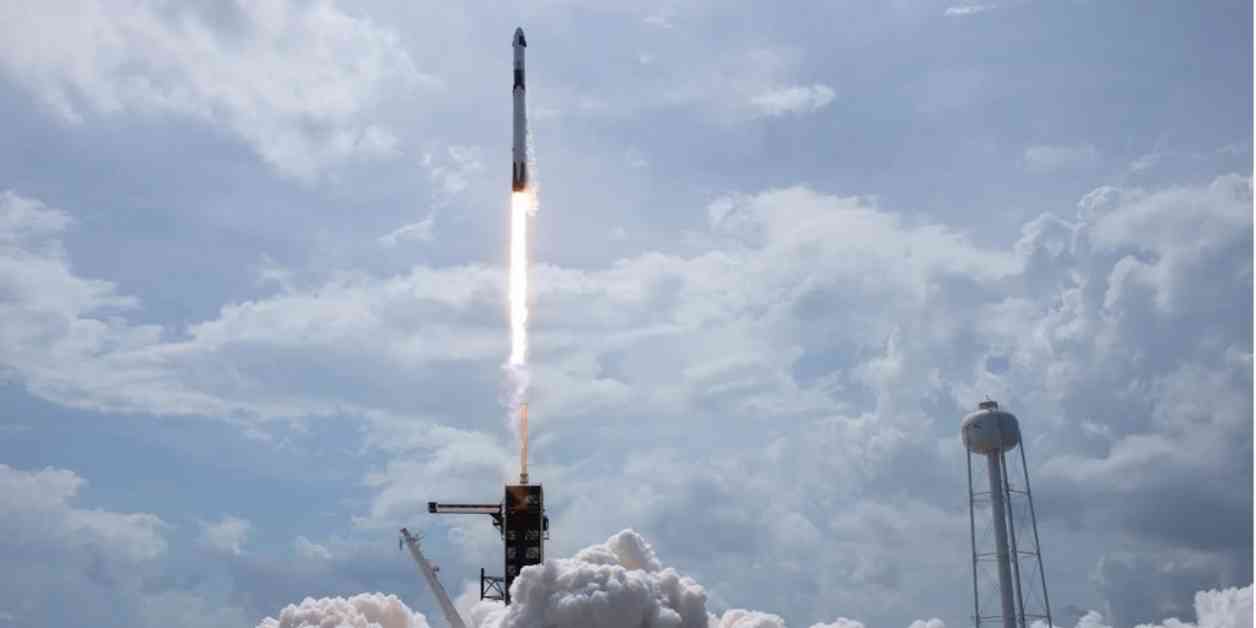Elon Musk recently made a significant announcement that SpaceX’s headquarters will be relocating from California to Texas. This decision comes after California Governor Gavin Newsom signed a bill into law that is receiving criticism for limiting the authority of public schools and parents’ rights. The bill, known as AB 1955, prohibits school districts from informing parents if their child identifies with different pronouns or gender identities than what is listed on school records.
Musk expressed his concerns about this legislation, stating that it would force families and companies to leave California to protect their children. He emphasized that this was the “final straw” for SpaceX, leading to the decision to move its headquarters to Starbase, Texas. This move follows a previous relocation of Tesla’s headquarters from Northern California to Texas in 2021, while California remains the company’s engineering hub.
Critics of the bill, including California Assembly Republican Leader James Gallagher, have raised concerns about its impact on families and the state’s economy. Gallagher highlighted the high unemployment rate in California and criticized Newsom for prioritizing an “anti-parent agenda” over protecting jobs. Newsom’s office, however, has refuted these claims, stating that the bill does not undermine parents’ rights or prevent discussions about LGBTQ+ identities within families.
In response to Musk’s decision, Newsom took to social media to comment on the situation, suggesting that Musk had “bent the knee.” This exchange reflects the ongoing tension between prominent figures in the business and political spheres regarding California’s policies and regulations. Assemblyman Chris Ward, the proponent of AB 1955, defended California’s economy and emphasized the state’s support for civil rights and entrepreneurship.
Furthermore, Assemblyman Bill Essayli, a vocal opponent of the legislation, criticized what he referred to as “radical gender ideologues” in Sacramento for driving away jobs and tax revenue from the state. He underscored the need to challenge the Democratic agenda in Sacramento and restore common sense to policymaking.
The interaction between Musk, Newsom, and other political figures underscores the complex dynamics at play in California’s business environment and regulatory landscape. As Musk’s companies prepare to depart from the state, the repercussions of this decision are likely to resonate beyond economic considerations, shaping ongoing debates about parental rights, LGBTQ+ issues, and the balance between government intervention and individual freedom.



